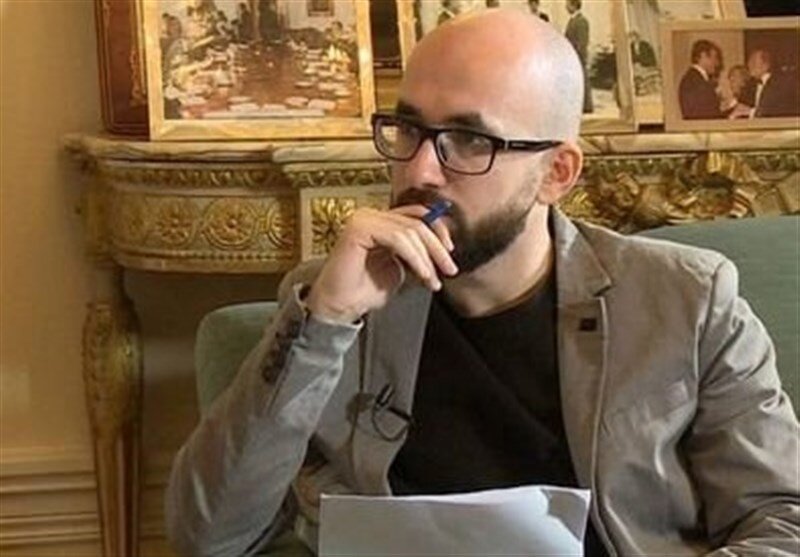By Mohamad Kleit
The first debate was a rage-fest of two old men ranting about useless matters while failing to tackle any serious matter in local or foreign U.S. affairs. It was mainly 90 minutes of criticism, accusations, and personal verbal attacks.
Nevertheless, that’s what we’ve seen in the previous election as well, where Trump was able to turn the entire political occurrence into a form of “show-business”, that was evident in his comment the very next day at a campaign rally where he said “the debate had the highest ratings,” which shows how little he cares about tackling serious matters like presidential candidates do, such as healthcare, Covid-19 pandemic, economic problems, foreign relations, global warming, government spending, and others.
The same thing goes to his Democratic opponent, Joe Biden, that went down to Trump’s level and ended up just replying to Trump’s accusations without giving a proper debate.
The debate reflected the political mess the U.S. is suffering from which the arch rivalry between Democrats and Republicans that they have become disconnected societal reality and the problems people are facing.
“Minor political parties don’t have the financial influence to conduct major campaign rallies like those done by the Republicans and Democrats.”Money and media can tip the balance towards one nominee, like when Trump lost the popular vote yet won the Electoral College. It was because of his lack of knowledge in actual politics and foreign affairs, which makes him an easily molded target for major companies and banks – those who actually control the U.S. Probably the most notable example is his huge support for the NRA and his extreme opposition of banning gun ownerships or even placing restrictions on that. This comes after the NRA supported Trump’s campaign in 2016.
As for support from political powers, Israel strikes a prominent example, where it used its influence through AIPAC to support Trump, who has praised Israeli PM Benjamin Natenyahu and vice versa, especially that the latter had some tensions with the Democratic party and the U.S. president back then, Barack Obama, which has led him to support the Republican nominee, Donald Trump, through the pro-Israeli Jewish communities, organizations, and businesses. Nowadays, the Israeli PM considers Trump as “Israel’s best friend.”
Such matters jeopardize the basic foundations of democracy, where companies and foreign parties lobby to get their preferred candidate to the office and in turn get the latter to do their dirty work.
In that spectrum as well, media outlets, who are manipulated and driven by political money, can easily badly report on one of the candidates if he/she doesn’t go in line with their agenda and vice versa, such as the conservative Fox News that kept on praising Trump’s right-wing statements while attacking the Democrats’ liberal ideology.
The low turnout in U.S. elections probably goes back that both candidates are not tackling serious issues that are of concern to the American youth, who form around 21% of the population and voting power. However, in that spectrum, Joe Biden has a bigger chance in having a progressive agenda in his campaign after being supported and advised by Bernie Sanders, a popular candidate amongst the youth even though he’s 79 years of age.
Now that Sanders is out of the picture and it’s down to two men in their 70’s, one who’s been an alt-right servant of big businesses and another who’s the same yet with a more of a centrist political ideology. In the bigger picture, Republicans and Democrats serve the same causes but the difference is that who’s in control of the nation… and the world.
Minor political parties don’t have the financial influence to conduct major campaign rallies like those done by the Republicans and Democrats, considering the latter two own most of the major companies, banks, and businesses. Their campaign costs rise way over a billion dollars each election, a thing that smaller parties can’t achieve. This is why one notices that some independent candidates, most notably Bernie Sanders and even Donald Trump in 2016, become candidates of one of the two major parties to gain strong and firm political support for their campaigns, but on the expense of adopting their respective party’s policies.
Mohamad Kleit is a Beirut-based journalist, photographer, and political activist. He is the deputy editor of the U-News Agency.


No comments:
Post a Comment